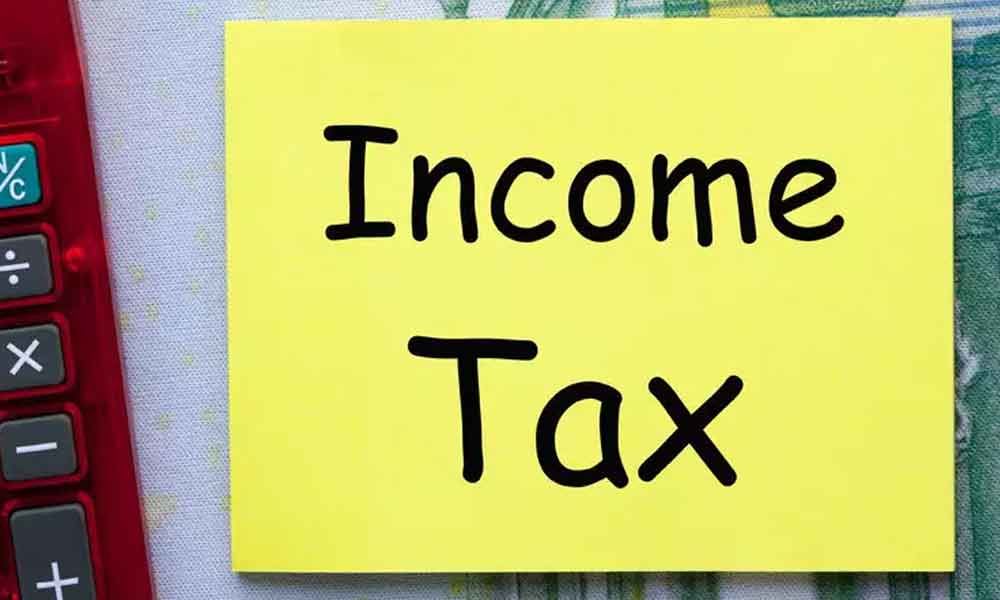ITR Filing: Don't miss these incomes

Even after tax is deducted on salary and TDS is paid on your interest income, you may still notice some taxes are due.
If you are a salaried individual, you only have one salary as income. You may be earning income in the form of interest from your bank account. You must report it, even if you don't have to pay income taxes. There are many chances that you may miss mentioning your income or end up misreporting it. Here are some provisions to be careful with.
LONG-TERM CAPITAL PROFITS TO BE REPORTED IN YOUR ITR
A sale of shares or units of stock-oriented funds that result in long-term capital gains must be reported on your tax returns (ITR). "These are subject to a concessionary rate of 10% on earnings more than ₹ 1 lakh without providing the benefits of indexation.
THERE MAY BE TAXES FOR LOWER TDS DEDUCTION
Even if income taxes are deducted and taxes deducted at source (TDS) are paid on your interest income, you may still find that some taxes are due. TDS is usually deducted at 10% if you provide your permanent account number (PAN). And if you have a higher tax rate slab, then the TDS has been deducted at a lower rate. So, you must pay the remaining tax after calculating it. After paying the tax due, whether online or offline, it is reflected. Therefore, you should verify all your investments and withdrawals and TDS details before submitting your returns so that none of the tax fees is missed.
REPORT ALL YOUR INCOME
Being a salaried individual, your primary source of income is your salary. You might assume that you only need to report income from salary.
Though, you may be earning interest income from your savings bank account. Regularly, you will receive a statement of your interest income from the bank. Though the amount is low, you still need to report the income, even if you do not have to pay a tax. You may also have another source of income in the form of maturity of your FD, recurring deposit or any cash or bonus gift you have received in the financial year. Even if your income is tax-free, you must report it in your ITR to avoid miscalculation.
MENTION ALL YOUR INVESTMENTS
If you have invested in financial instruments and had a loss, you should mention this as well when submitting your returns. This is to compensate and carry out your capital loss. In case you do not mention it, it will not be adjusted and will end up paying more taxes than needed. Besides, in case you have made investments that are eligible for the tax deduction, you must mention it when submitting your returns to avoid miscalculations.
By reporting your income correctly, your tax outflow is unlikely to be incorrect. You need to collect all the details from the source of income. If you are not sure how to declare all your income for taxation, you can take help from a chartered accountant or a financial advisor. You can also use online portals to complete the details.








